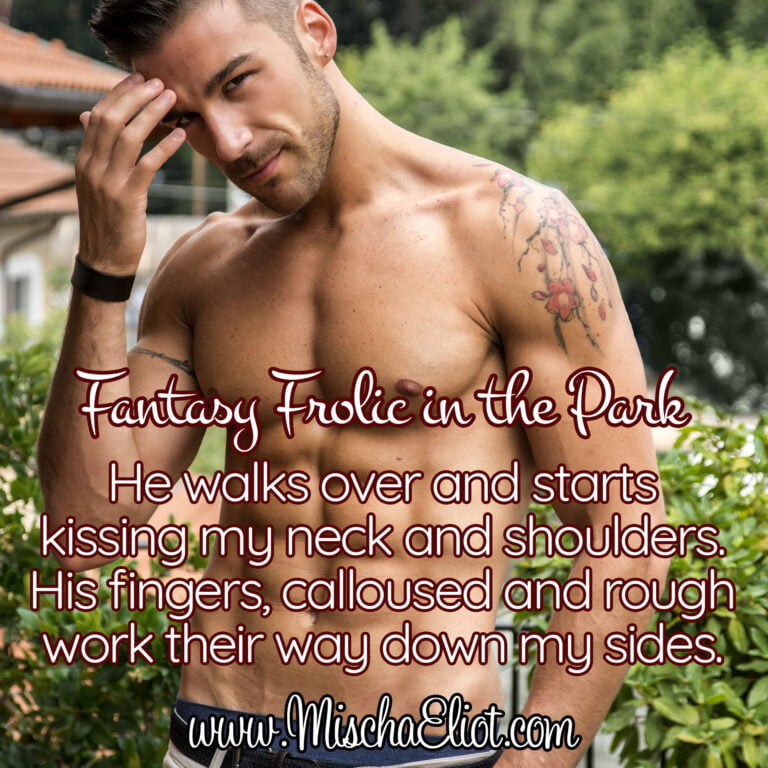A Penny For Your Thoughts: Cliches and Tropes

You’ve heard ‘that’s been done (or said) a million times already’. However, the reason that tropes and clichés work is because they’re clichés and tropes.
You just have to find your own unique way of twisting them. Think about it… every sitcom has zingers and one-liners. Look at 2 Broke Girls compared to Mike & Molly compared to Mom. While the storylines are different for each show, they have the same type of running jokes. They have romance, struggles, and comedy. They’re all family-type shows; even though Caroline and Max aren’t related, they, and their coworkers and neighbors are like family. Plus all the episodes about Caroline’s father, and the running jokes about Max’s mysterious father and non-caring mother. I actually hope to see an episode of her father showing up one day. I’d love to see what she’d have to say to him.
Mike & Molly shows how hard it is to fall in love when you’re overweight. They show how difficult it is to struggle with addictions to food and shopping. They show you how expensive it is to move out on your own. 2 Broke Girls shows how difficult it is to live in a big city, how you have to work several jobs to attempt to make ends meet; and how difficult it is to deal with life in general when a family member has ended up in jail by scamming billions from others. Mom shows you what I would consider a little more realistic view of addiction issues. How every single day is a battle not to fall off the wagon. And then having to go through your children (and grandchildren) who are predisposed to these addictions starting to test the waters with alcohol and weed.
Then look at the cop shows. You’ve got CSI (NY, Miami,Cyber), Criminal Minds, NCIS(and LA and NOLA), among others.
They’re troped up to the gills. Someone dies. The cops do their initial legwork, cue the geek heroes to match fingerprints, DNA, and find out what obscure tidbit of info will find the killer! Chase scenes, possible shooting, perhaps an injured main cast member! Catch the bad guy – or not if it’s an Arch Nemesis that takes a season to catch. Ending with the moral of the story or everything will be okay scene, credits. People love or hate procedurals, they really do. In a way, you can even think of Supernatural as a procedural with Paranormal Elements thrown in, except instead of catching the bad guy, their looking up how to kill the monster if it’s not already known.
These types of shows give you enough character background, enough history, and little details that you fall in love with their strengths, quirks, and more.They hook you into the show. It doesn’t matter how many times a main character screws up – unless they go ultimately evil (and if you’re a Supernatural fan, you probably love the villains, too) then you hope for everything to go right.
Look at your Political shows such as Madam Secretary and Scandal.
Two completely different shows, both swimming in deep waters when it comes to Washington DC and the many things in the dark we don’t know about. In real life, people beg and plead for transparency, but do they really truly wish to know the details? Look at Blacklist. All about people who are so evil, so horrible, that the government will deal with another just to wipe them off the face of the planet, or put them in jail.
Did you know that Criminal Minds bases their show on true stories?
They have to water them down so that they can be aired on television. And if they didn’t, not only would they not be able to air them, we probably wouldn’t leave our homes after seeing the gory truth.
I use these shows to learn more about writing. Yes, I’ve mentioned it before: that you can learn to write better from watching television and movies. Just don’t be like me, where you get sucked into the show and then binge-watch it, and forget all about the writing. You can learn how to convey emotions through facial features and gestures. You can learn fighting scenarios.
You can learn different ways of pissing people off.
Have you ever watched Scorpion? Walter tends to piss people off without meaning to, or even trying. Sometimes, I feel he does it on purpose (truly the CHARACTER most likely doesn’t even realize it), but more often than not, he has no clue. The rest of the team doesn’t let him off the hook though. They explain to him why what he did or said is hurtful or wrong. Walter apologizes – but does he ever really learn?
There are reasons why these tropes have worked for as long as they have. Just like Cons, it’s really hard to create a new trope. It takes years upon years for something to become cliché. But that’s not going to hobble a good writer. A good writer can take a cliché, they can take a trope, and twist it. Give a bunch of kids pipe cleaners and tell them to use their imagination. You’re going to get several different versions of twisted pipe cleaner art.
People flock to websites with weekly prompts and those that use the prompt all come up with a different story for it. Don’t toss away a cliché story idea or throw out a trope simply because it’s been done a billion times. It hasn’t been done the way you’d write it, with the characters you’ve come up with, in the setting you create. So pick up that cliché, grab that trope by the short and curlies and figure out ‘what can I do with you?’
Every Genre follows the same set of rules.
Because they kind of have to. That’s why there are sub-genres. Pick up a romance book by any author and you’ll find that there’s a Happy Ever After. Pick up any Sci-Fi or Fantasy book and I bet there’s some kind of conflict that leads to war. Pick up a Western and there’s probably a saloon and some fancy dancing ladies. There’s nothing wrong with this, these things are there because readers expect them to be. If you don’t give them a happy ever after (or now) in a romance, then they are going to want to burn your book. So, yes, follow the genre rules, but twist them to your own character, setting, and plot needs.
What you come up with might just be extraordinary. Sometimes you crush it and other times you nail it and feel like you’re walking on cloud nine. Share your thoughts in the comments. What clichés and tropes have you worked with and made unique?





Absolutely right! Cliches and tropes are everywhere, because when it comes down to it we are creatures of habit and we like what we like. A lot of shows hook us because we like the direction that the show takes. If we tuned in and Sam and Dean Winchester were cooking meth, we’d be a bit pissed off, because we expect them to encounter something supernatural that they can’t immediately deal with, then later they learn what the need to do and defeat it. Similarly, if Walter White in Breaking Bad suddenly had to drive away a ghost with a rocksalt shotgun we’d never watch that show again.
Most people agree that there are only a limited number of storylines anyway – we twist them this way and that, but it all comes down to the same few ideas. I say, take an idea and run with it, who cares if it’s been done before?
Exactly! It isn’t the cliche or trope that matters, it’s the way the author spins them into something new. Something bold. Something other authors wonder why they didn’t think of it.